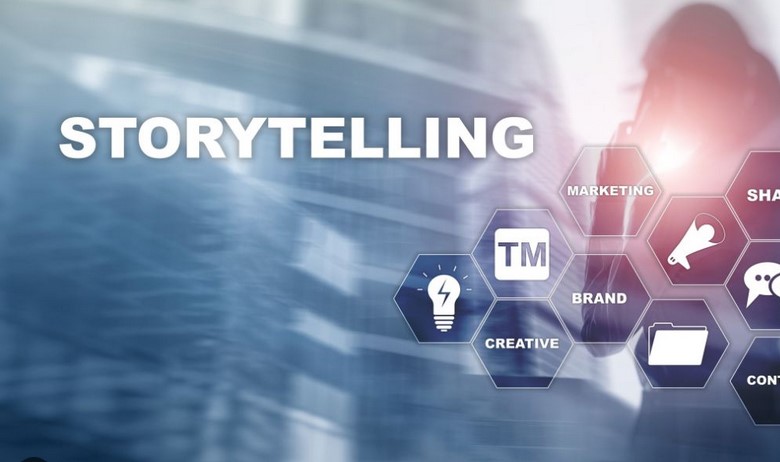The Role of Storytelling in Brand Development
Storytelling plays a pivotal role in brand development by creating emotional connections and distinguishing brands in a crowded market. This technique helps brands communicate their values, engage audiences, and build lasting relationships. Here’s how storytelling impacts brand development.

1. Builds Emotional Connections
Storytelling builds emotional connections between brands and their audiences. Crafting compelling stories allows brands to evoke emotions and resonate deeply with their target market.
For example, sharing a story about a brand’s origins or a customer’s success can create a powerful emotional bond. These connections foster loyalty and make the brand more memorable.
2. Differentiates Your Brand
Effective storytelling differentiates your brand from competitors. By presenting a unique narrative, you highlight what makes your brand special and set it apart.
For instance, while many brands offer similar products, a brand that shares its journey or mission stands out. Differentiation through storytelling helps attract and retain customers who align with your brand’s values.
3. Enhances Brand Authenticity
Storytelling enhances brand authenticity by showcasing genuine experiences and values. Authentic stories build trust and credibility with your audience.
For example, sharing behind-the-scenes stories or customer testimonials can provide insight into your brand’s real-life impact. Authenticity fosters trust and strengthens the brand’s reputation.
4. Engages and Captivates Audiences
Engaging storytelling captivates audiences and keeps them interested in your brand. A well-told story can capture attention and maintain audience engagement.
For instance, using relatable characters or narratives in your content can make it more engaging. Captivated audiences are more likely to interact with your brand and share its message.
5. Communicates Brand Values and Mission
Storytelling effectively communicates your brand’s values and mission. By weaving these elements into your narrative, you clearly convey what your brand stands for.
For example, a brand that emphasizes sustainability can share stories about its eco-friendly practices. Communicating values through storytelling helps align the brand with its audience’s beliefs.
6. Simplifies Complex Messages
Storytelling simplifies complex messages by presenting them in an understandable and relatable way. Complex ideas are more accessible when conveyed through stories.
For instance, a technology brand can explain its innovations through customer success stories or use cases. Simplified messaging helps your audience grasp and appreciate your brand’s offerings.
7. Builds Brand Loyalty
Storytelling builds brand loyalty by creating a deeper connection with your audience. When customers relate to your brand’s story, they are more likely to become loyal advocates.
For example, brands that share their journey and milestones often inspire loyalty. Loyal customers are more likely to return and recommend your brand to others.
8. Strengthens Brand Identity
Storytelling strengthens brand identity by reinforcing the brand’s personality and values. A consistent narrative helps solidify how your brand is perceived.
For instance, a brand with a playful and adventurous story can enhance its identity as fun and dynamic. Strengthening brand identity ensures that your brand remains consistent and recognizable.
9. Encourages User-Generated Content
Storytelling encourages user-generated content by inspiring customers to share their own experiences. When your brand’s story resonates, customers are more likely to contribute their stories.
For example, encouraging customers to share their personal stories related to your brand can generate valuable content. User-generated content enhances your brand’s credibility and reach.
10. Drives Marketing Success
Storytelling drives marketing success by making your campaigns more impactful and memorable. Effective stories resonate with your audience and enhance the overall effectiveness of your marketing efforts.
For instance, a well-crafted story in an ad or social media post can boost engagement and conversions. Marketing success is driven by the emotional and relational power of storytelling.
Conclusion: The Power of Storytelling in Brand Development
Storytelling is a powerful tool in brand development, offering numerous benefits. It builds emotional connections, differentiates your brand, and enhances authenticity. Engaging narratives communicate brand values, simplify messages, and foster loyalty. Strengthening brand identity and encouraging user-generated content further amplifies storytelling’s impact. By leveraging storytelling effectively, brands can achieve greater marketing success and build lasting relationships with their audience.



